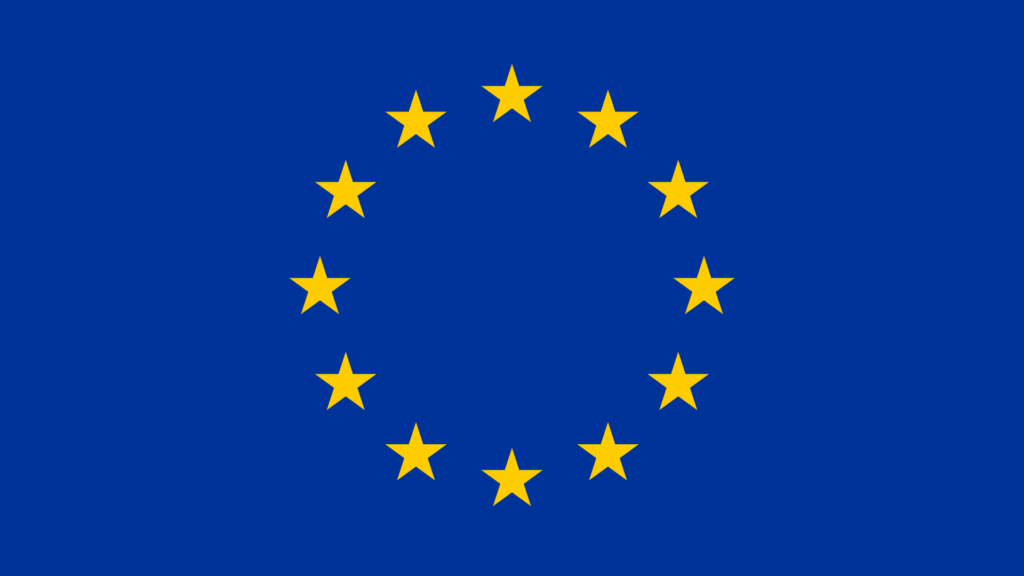This Web Page is Best Viewed in the EU
At 4/19/2024

The day I’ve been waiting for finally arrived—iOS 17.4 will support alternative browser engines. Sadly, this is only an option in the European Union.
Why is this happening?
Thanks to the persistent efforts of the independent developers in the Open Web Advocacy group, the EU’s Digital Markets Act (DMA) is breaking down Apple’s barriers against third-party browsers. This victory over Apple’s policy marks a significant win for competition and consumer choice in the EU.
What about Chrome and Firefox on iOS?
While it might seem like iOS already offers browser diversity with Chrome, Edge, and Firefox available for download, the reality is different. All these browsers are essentially Safari in disguise, as Apple’s policy mandated the use of its WebKit rendering engine for all iOS browsers. This restriction not only limited browser capabilities but also meant all browsers on iOS share the same bugs and security issues. If there is a zero-day exploit in Safari, you can’t avoid it by using a different browser.
Minimally compliant
Apple’s response to the DMA, described aptly as “malicious compliance” by Tim Sweeney of Epic Games, is a classic case of doing just enough to meet legal requirements. Consequently, the rest of the world, including the U.S., misses out on genuine browser choice.
How do you test your website on a browser only available in the EU?
Even though I don’t benefit from today’s news, I was still happy. European iOS users get browser choice. Maybe eventually those of us in other parts of the world will too.
It was only when I saw this Mastodon post from Eric Meyer that I realized a win for Europe could be a loss for web developers around the world:
If Apple sticks to their declared intentions, web devs outside the EU won’t be able to test their sites/webapps/whatever against the non-WebKit iOS browsers that will exist in the EU.
So, get ready for aggressive browser sniffing and “best viewed in/please switch to” badges making a comeback, because those are easy responses to this. Not good responses, at all, but humans are nothing if not lazy.
He’s right. This is unacceptable. We need to be able to test on the browsers available in the EU.
US regulators need to step up
Given Apple’s track record of doing the bare minimum in response to regulations, it’s clear that we can’t rely on the tech giant to voluntarily extend these browser freedoms beyond the EU. It’s time for U.S. regulators to step in and ensure that American users and developers also benefit from real browser choice.
